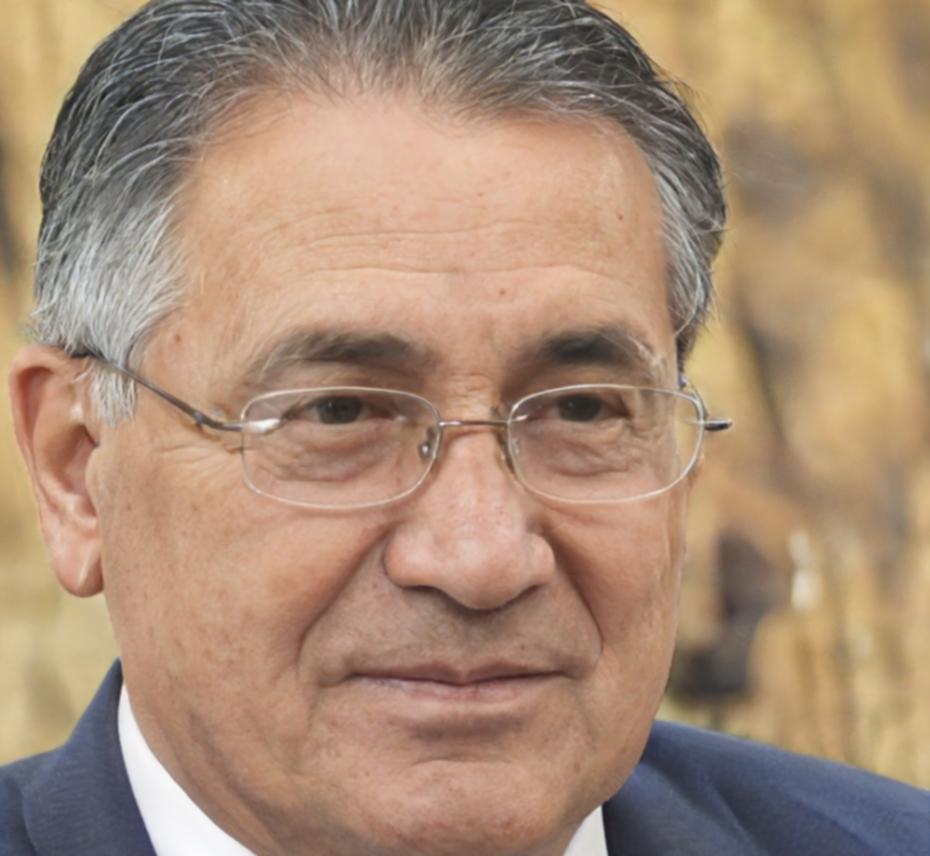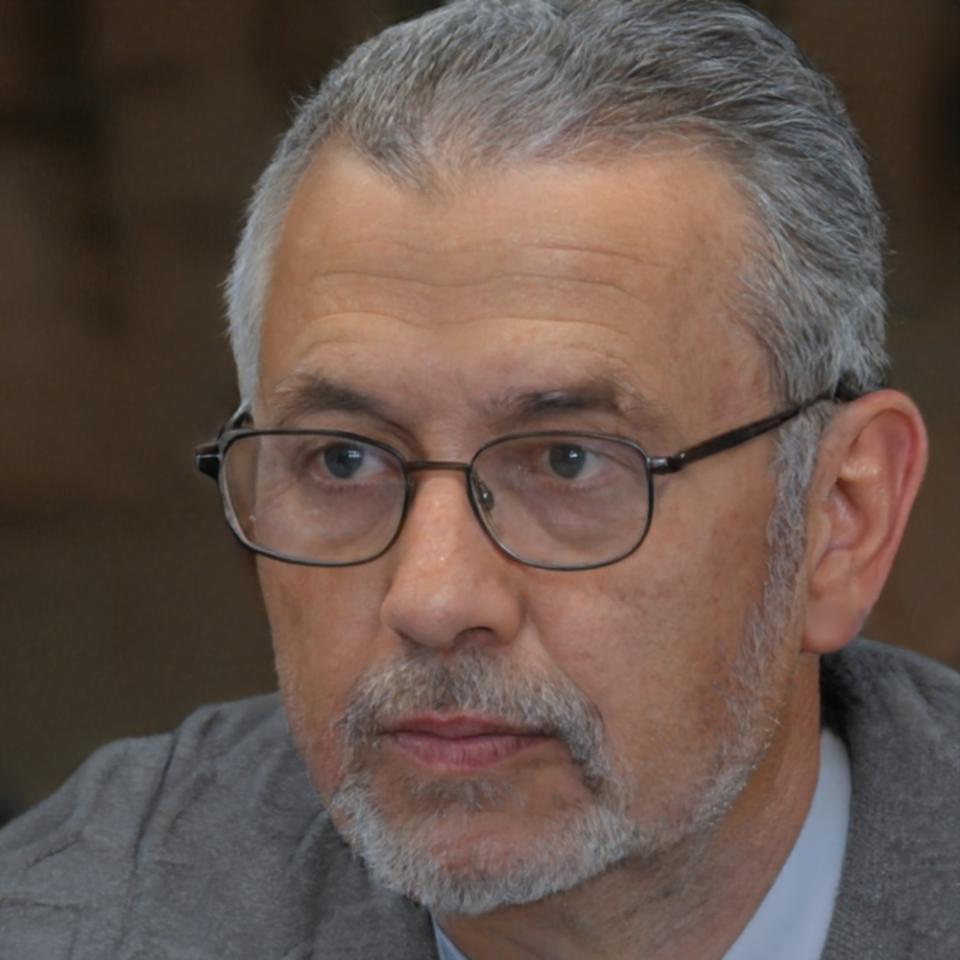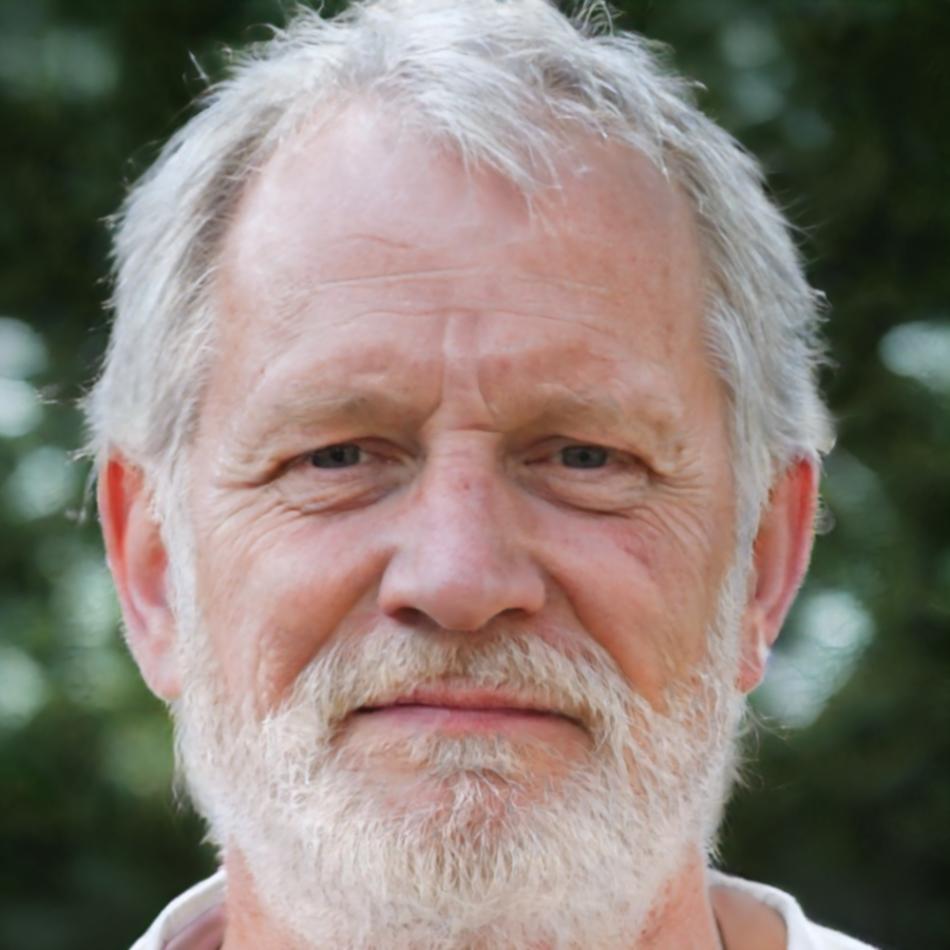Build Real Financial Understanding That Lasts
Our program helps everyday Australians develop practical money skills through hands-on learning and genuine support.
Starting September 2025, we're running small group sessions that focus on what actually matters—budgeting, saving strategies, investment basics, and planning for the stuff life throws at you. No jargon-heavy lectures or unrealistic promises. Just practical knowledge you can start using right away.
What You'll Actually Learn
We've designed this program around the questions people actually ask us. Things like "How do I stop living paycheck to paycheck?" or "Should I be investing, and where do I even start?"
- Creating budgets that work with your actual lifestyle, not some textbook scenario
- Understanding where your money goes and finding realistic ways to redirect it
- Building emergency funds that can handle real emergencies
- Making sense of superannuation and retirement planning in plain language
- Learning investment basics without the overwhelming financial speak
- Setting up systems that keep working after the program ends

The Program Structure
We meet twice weekly for twelve weeks. Each session builds on what you learned before, and there's always time to ask about your specific situation.
Financial Foundations
Getting clear on where you are right now. We look at income, expenses, debts, and goals. Everyone starts somewhere different, and that's completely fine.
Budgeting Systems
Creating a budget that fits your life. We explore different methods and help you find what sticks. Plus practical tips for tracking and adjusting as you go.
Saving & Investing
Understanding different account types, interest rates, and basic investment options. We break down superannuation, shares, and property in ways that actually make sense.
Long-Term Planning
Building plans for retirement, major purchases, and unexpected life changes. You'll leave with a roadmap that works for your timeline and goals.
Risk Management
Throughout the program, we discuss insurance, emergency preparedness, and protecting what you've built. It's woven into each module rather than dumped on you all at once.
Resource Library
Access to templates, calculators, and guides you can reference whenever you need them. Plus monthly check-in sessions for six months after the program ends.

How We Actually Run Things
We keep groups small—usually between eight and twelve people. That way everyone gets attention, and you're not just sitting in a lecture hall taking notes.
Interactive Workshops
You'll work through real scenarios and examples. We use case studies based on actual situations people face, not made-up textbook problems.
Peer Learning
Some of the best insights come from other participants. Everyone's dealing with different challenges, and that variety makes the discussions richer.
Practical Assignments
Between sessions, you'll apply what you learned to your own finances. Then we discuss what worked, what didn't, and how to adjust.
Ongoing Support
Questions don't stop when class ends. You can reach out between sessions, and we host monthly follow-ups to help you stay on track.
Who You'll Learn From
Our facilitators have spent years helping people navigate financial decisions. They're knowledgeable but also approachable—they remember what it's like to feel overwhelmed by money stuff.

Lachlan Pemberton
Lead Financial Educator
Lachlan spent fifteen years in financial planning before switching to education. He's great at explaining complex topics without making you feel like you need a finance degree.

Dmitri Voskoboev
Investment Specialist
Dmitri handles the investment modules and makes the stock market feel less intimidating. His background in portfolio management means he knows this stuff inside out.

Jasper Wildermuth
Budgeting Coach
Jasper helps people create budgets they'll actually follow. He's worked with hundreds of families and understands the challenges of making theory work in real life.